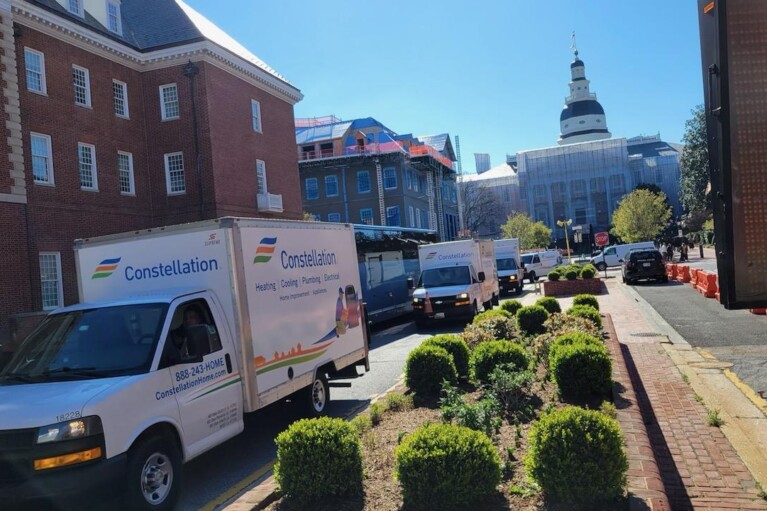The Maryland legislature is unlikely to seriously consider the legalization of marijuana next year.
Leaders of the General Assembly’s Marijuana Legalization Workgroup said Wednesday that they need more time to sort through an issue that is complex and still relatively new.
The delay — legislators were expected to consider legalizing marijuana in 2020 — will also give policymakers the opportunity to learn from the dozen or so states currently dealing with the ins and outs of legalization.
“In addition, we want to watch Maryland’s medical marijuana [program] work through the issues that it has on licensing,” said Del. Kathleen M. Dumais (D-Montgomery), co-chairwoman of the panel. “Before we jump in with something new, we want to make sure that that’s got all the kinks worked out.”
The panel that Dumais co-chairs with Sen. Bill Ferguson (D-Baltimore City) has been meeting for months to consider the issues surrounding legalization.
At its session on Wednesday in Annapolis, the pair said there are several areas where the bipartisan panel had reached a general consensus:
— Policymakers need to foster an environment in which there is robust competition. States like Oregon and Colorado that have already legalized marijuana have struggled to find legal ways of preventing deep-pocketed firms from scooping up large numbers of growing, processing and retail licenses.
“Maryland consumers benefit the greatest by having a competitive marketplace that is not monopolized,” said Ferguson, presumptive president of the Senate come January. “How that gets applied, I think, would continually be the subject of legislation year after year after year.”
— Many Marylanders who were convicted of possessing small amounts of marijuana possession need to have their records cleared if and when the drug becomes legal.
“If we legalize something somebody’s convicted of, we obviously need to get rid of the conviction off the record,” said Dumais. “We may not have the right process in place at the moment, but that’s the goal.”
— Smoking in public should be a civil, not a criminal, offense. “We’re really moving away from incarceration as a penalty,” said Del. David Moon (D-Montgomery), a member of the panel and a reform advocate. “It’s ‘let’s move on from that era.’”
Among the issues where the panel has yet to reach consensus:
— Should the fine for smoking in public be $500 or $1,000?
— Should residents be allowed to grow marijuana for their own use?
— Should people be allowed to give marijuana to others?
— Should companies that have medical marijuana licenses have a “leg up” in obtaining retail licenses?
“I’d like to see some provision for home grow,” said Moon. “I think we can do it reasonably and responsibly for personal use.”
Lawmakers have struggled to develop a system in which licenses for growing, processing and selling marijuana go to Maryland firms — and where minority businesspeople are included.
“The big boys could come in [from out of state] and undercut everybody, drive ‘em out of business and then nobody’s left. How do you regulate that?” said Sen. Andrew A. Serafini (R-Washington). “A lot of great ideas but implementation might be more challenging.”
Del. Vanessa Atterbeary (D-Howard) said minority participation is a “hot topic” within the Legislative Black Caucus.
“It’s being alleged that these big companies are just going out and getting a minority partner, but when you look at the operating agreement, it’s really not minority participation. It’s just fake,” she said. “So we need to be vigilant in making sure we have real minority participation when this get rolled out.”
While the General Assembly is not likely to consider legalization in 2020, lawmakers may be asked to vote on smaller bills that lay the groundwork for a vote in 2021.
“For instance, asking the Health Department to do certain reports,” said Dumais. “Asking law enforcement to begin keeping track of impaired driving [and] arrests that have marijuana involved. So we can begin to develop some baselines.”
The reluctance of the workgroup to move forward with a bill does not preclude the possibility that individual lawmakers will introduce legislation to legalize cannabis.




 Creative Commons Attribution
Creative Commons Attribution